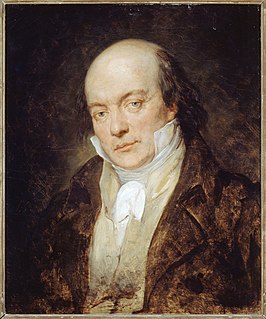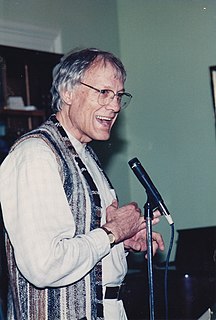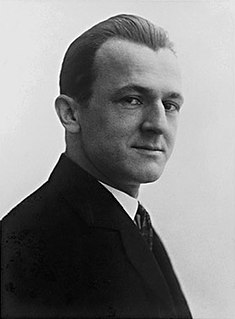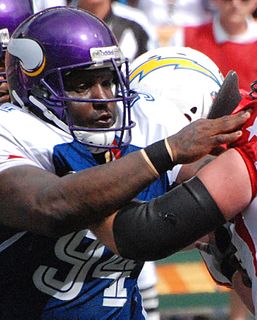A Quote by Mao Zedong
Our enemies are all those in league with imperialism - the warlords, the bureaucrats, the comprador class, the big Landlord class and the reactionary section of the intelligentsia attached to them. The leading force in our revolution is the industrial proletariat. Our closest friends are the entire semi-proletariat and petty bourgeoisie. As for the vacillating middle bourgeoisie, their right wing may become our enemy and their left wing may become our friend - but we must be constantly on our guard and not let them create confusion within our ranks.
Quote Topics
Attached
Become
Big
Bourgeoisie
Bureaucrats
Class
Closest
Closest Friends
Confusion
Constantly
Create
Enemies
Enemy
Entire
Force
Friend
Friends
G Force
Guard
Imperialism
Industrial
Landlord
Leading
League
Left
Left Wing
May
Middle
Must
Our
Petty
Proletariat
Ranks
Reactionary
Revolution
Right
Right Wing
Section
Them
Those
Warlords
Wing
Within
Related Quotes
Before making peace, war is necessary, and that war must be made with our self. Our worst enemy is our self: our faults, our weaknesses, our limitations. And our mind is such a traitor! What does it? It covers our faults even from our own eyes, and points out to us the reason for all our difficulties: others! So it constantly deludes us, keeping us unaware of the real enemy, and pushes us towards those others to fight them, showing them to us as our enemies.
Marx's Kapital is not a treatise on socialism; it is a gerrymand against the bourgeoisie. It was supposed to be written for the working class, but the working man respects the bourgeoisie and wants to be a bourgeoisie. Marx never got a hold of him for a moment. It was the revolting sons of the bourgeoisie itself, like myself, that painted the flag red. The middle and upper classes are the revolutionary element in society. The proletariat is the conservative element.
The gift our enemy may be able to bring us: to see aspects of ourselves that we cannot discover any other way than through our enemies. Our friends seldom tell us these things; they are our friends precisely because they are able to overlook or ignore this part of us. The enemy is thus not merely a hurdle to be leaped on the way to God. The enemy can be the way to God. We cannot come to terms with our shadow except through our enemies.
The only things in which we can be said to have any property are our actions. Our thoughts may be bad, yet produce no poison; they may be good, yet produce no fruit. Our riches may be taken away by misfortune, our reputation by malice, our spirits by calamity, our health by disease, our friends by death. But our actions must follow us beyond the grave; with respect to them alone, we cannot say that we shall carry nothing with us when we die, neither that we shall go naked out of the world.




































